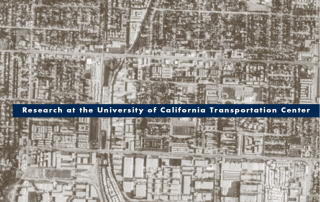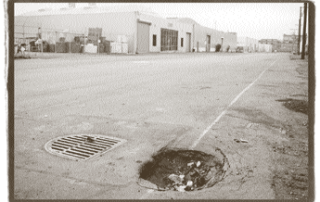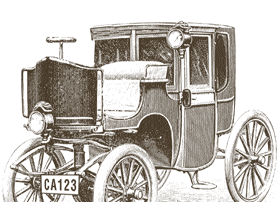ACCESS 15, Fall 1999
Editorial: Electricism
Melvin M. Webber
In this time of occupational specialization, we expect each profession to focus on the narrowly specific tasks it’s responsible for, letting others worry about everything else. Engineers, economists, accountants, land use planners, lawyers—each professional group is expected to mind its own business. But, at the same time, we know that’s not good enough, if only because we know everything really is connected to everything else.






